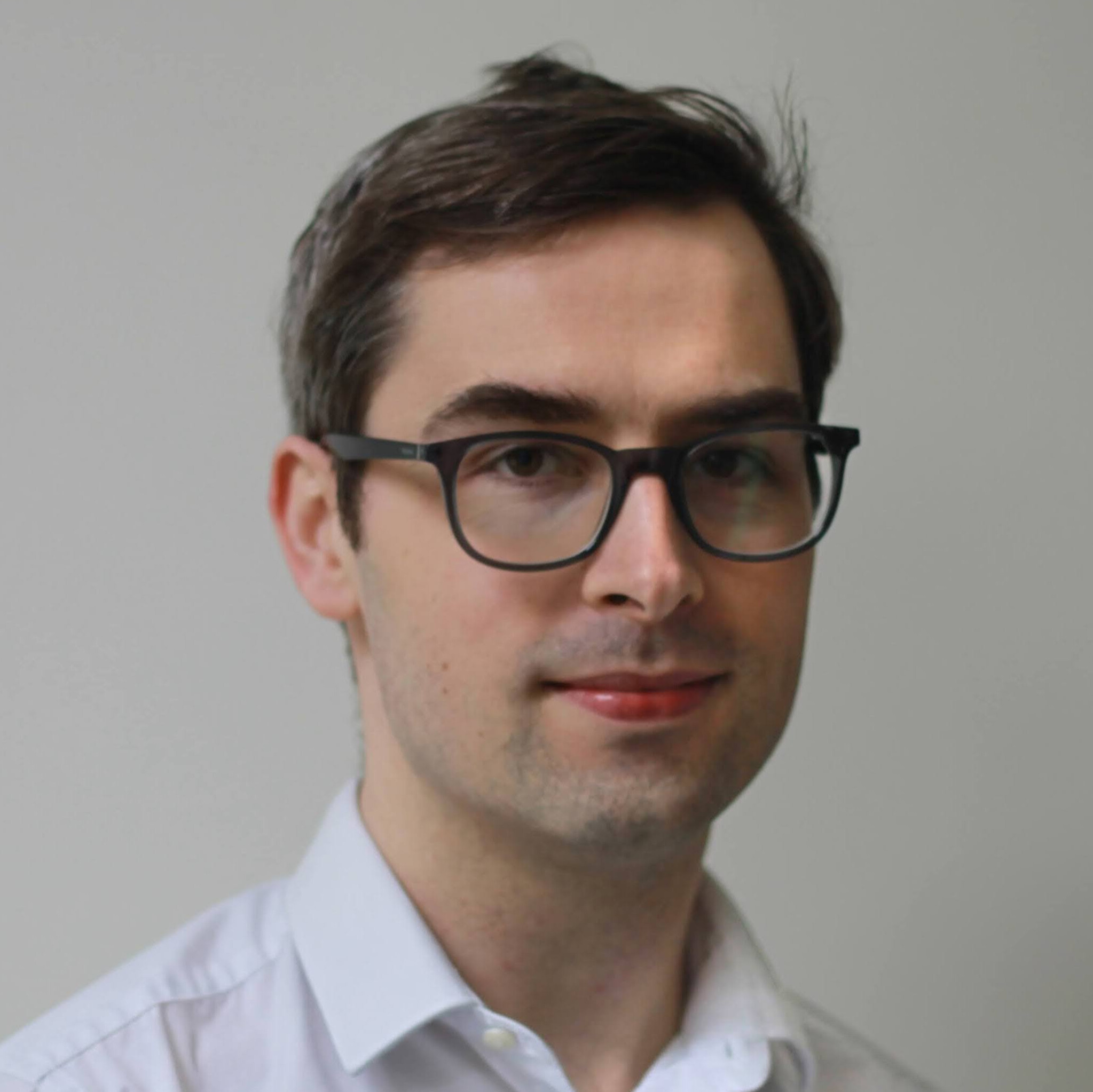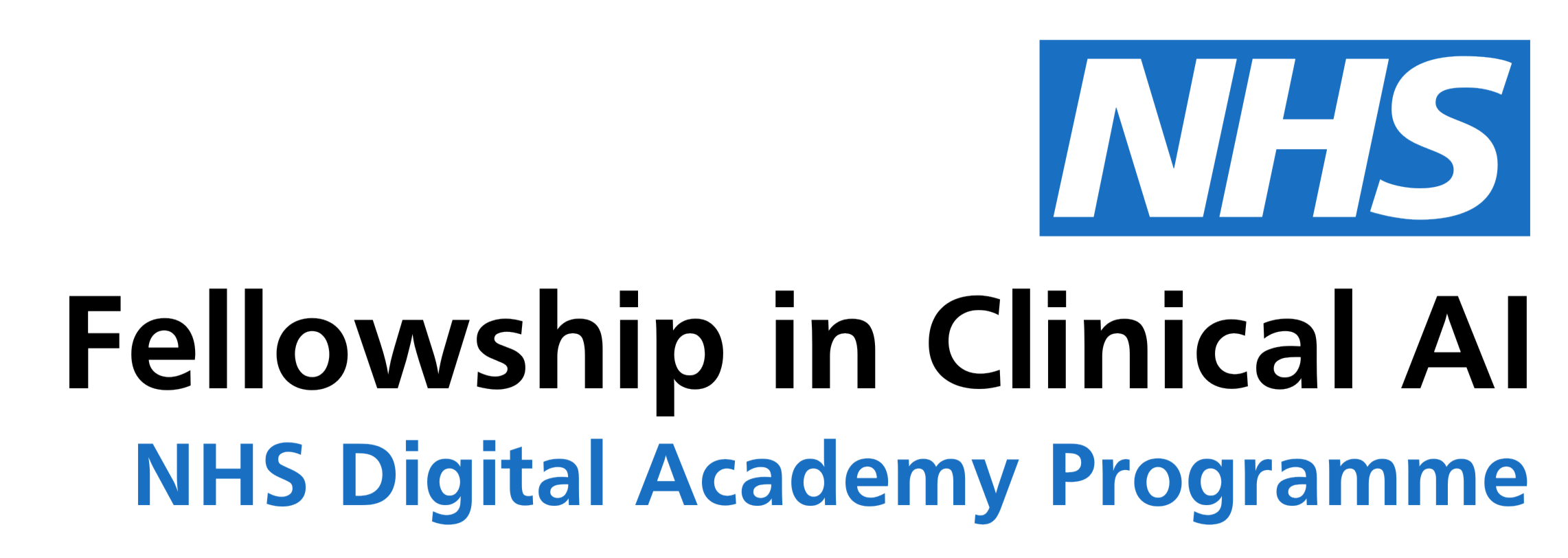
Thomas Evans
Fellow in Clinical AI, Cohort 3
Fellowship Bio
Dr Thomas Evans is a Specialist in Special Care Dentistry and the first dentist to undertake the NHS Fellowship in Clinical AI. He believes in the ability for AI and digital health technologies to revolutionise and personalise healthcare. His fellowship focused on AI readiness within the NHS.
Fellowship Project
AI Readiness in the NHS
University Hospitals Birmingham NHS Foundation Trust
The integration of novel technologies such as Artificial Intelligence (AI) into critical public services like the National Health Service (NHS) necessitates careful preparation. This project is dedicated to ensuring NHS organisations are adequately equipped to implement AI safely and effectively when such opportunities arise. The primary aim was to define and refine the concept of “AI readiness” for NHS organisations, and develop practical tools to aid with improving readiness for AI health technology implementation. My research, part-funded by NHS England and the Health Foundation, has centred on investigating the multifaceted concept of “AI readiness.” This has involved expert interviews, desk-based research, and the planning of a stakeholder workshop. Through this work so far, we have moved from a fixed notion of “AI readiness” to a context dependent one with an organisations readiness consisting of their ability to identify and mitigate for the risks of AI implementation, in line with their risk tolerance. The work has now shifted to clarifying pertinent risks and corresponding mitigation strategies, and now refining these into actionable insights for NHS digital leadership. The immediate next step involves a workshop with experts in AI implementation from across the NHS. The feedback and insights gathered from this session will be instrumental in refining our findings and ensuring the resultant toolkit is of maximum utility and practical value.
Fellowship Testimonial
The fellowship year was an extremely rewarding experience, giving me a valuable understanding of how Artificial Intelligence can be implemented in a clinical setting. A key part of this was getting involved in different points in the AI lifecycle. This broad exposure helped me grasp what it takes for AI to have real impact in the NHS. As mentioned above my primary project focused on AI Readiness, revealing the depth and breadth of expertise needed to implement healthcare AI. Beyond this I have contributed to several other projects. One of these other projects was a systematic review looking adverse event reporting in randomised control trials that use AI medical devices. This has not only exposed me to the rigour of systematic review process but also the value of effective reporting around AI evidence. I also contributed to a feasibility assessment of an AI system into molecular pathology. This included learning and conducting a budget impact model. This provided great firsthand experience in seeing if an AI deployment makes sense financially. This taught me the importance of strategic planning in ensuring value for the NHS, enhancing skills beyond AI alone. Finally, I acted as a facilitator for a workshop focusing on procurement frameworks for AI technologies. This has progressed to an academic write up and I am hoping will be published in the near future. Looking back on the year, I have found it immensely enjoyable and valuable. The knowledge and experience have really changed how I see AI’s potential in healthcare and the responsibilities that go with it, as well as how I see the whole healthcare ecosystem. I am keen to use what I’ve learned in my future career, helping to make sure AI is used responsibly and effectively to improve care for patients.


